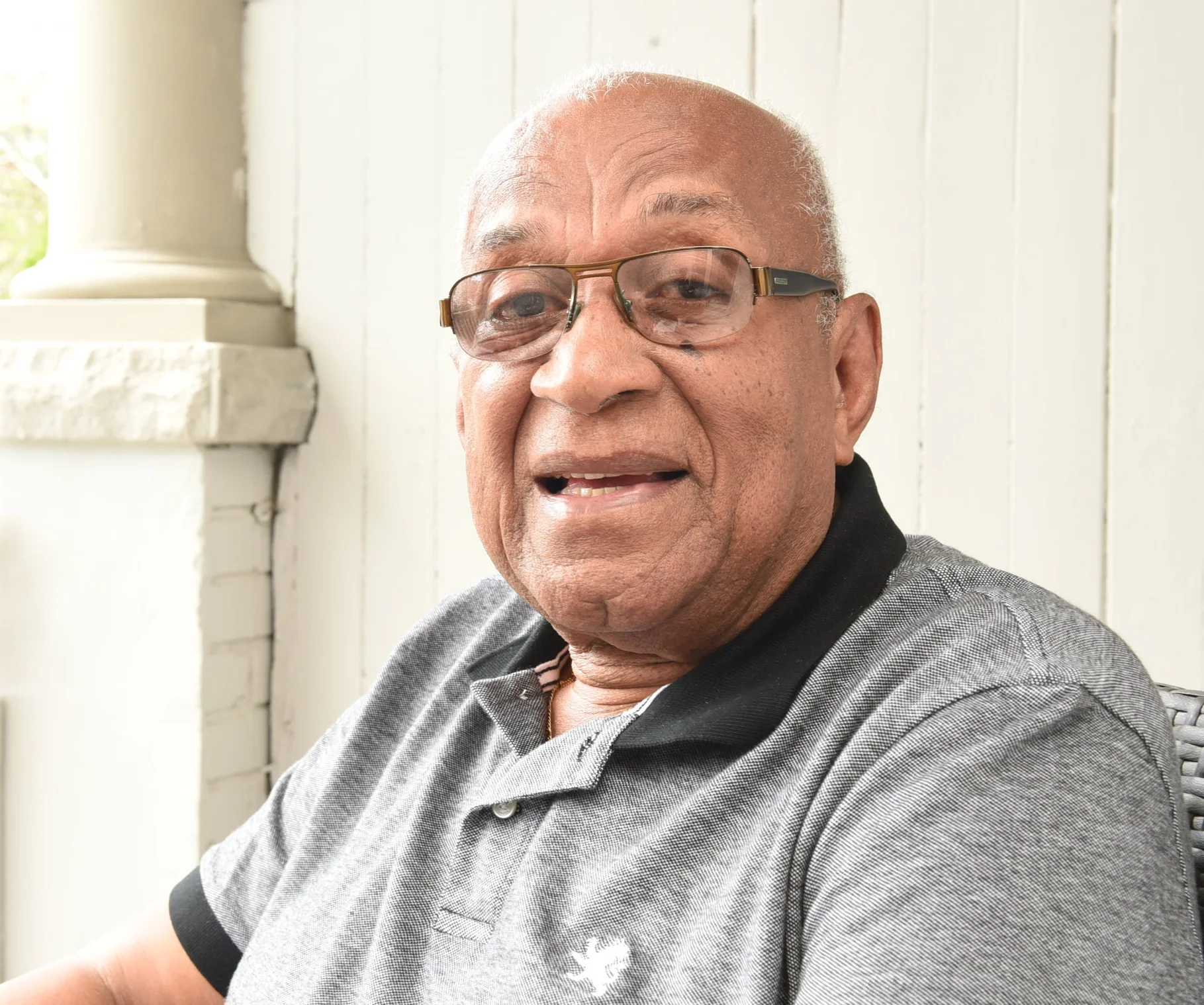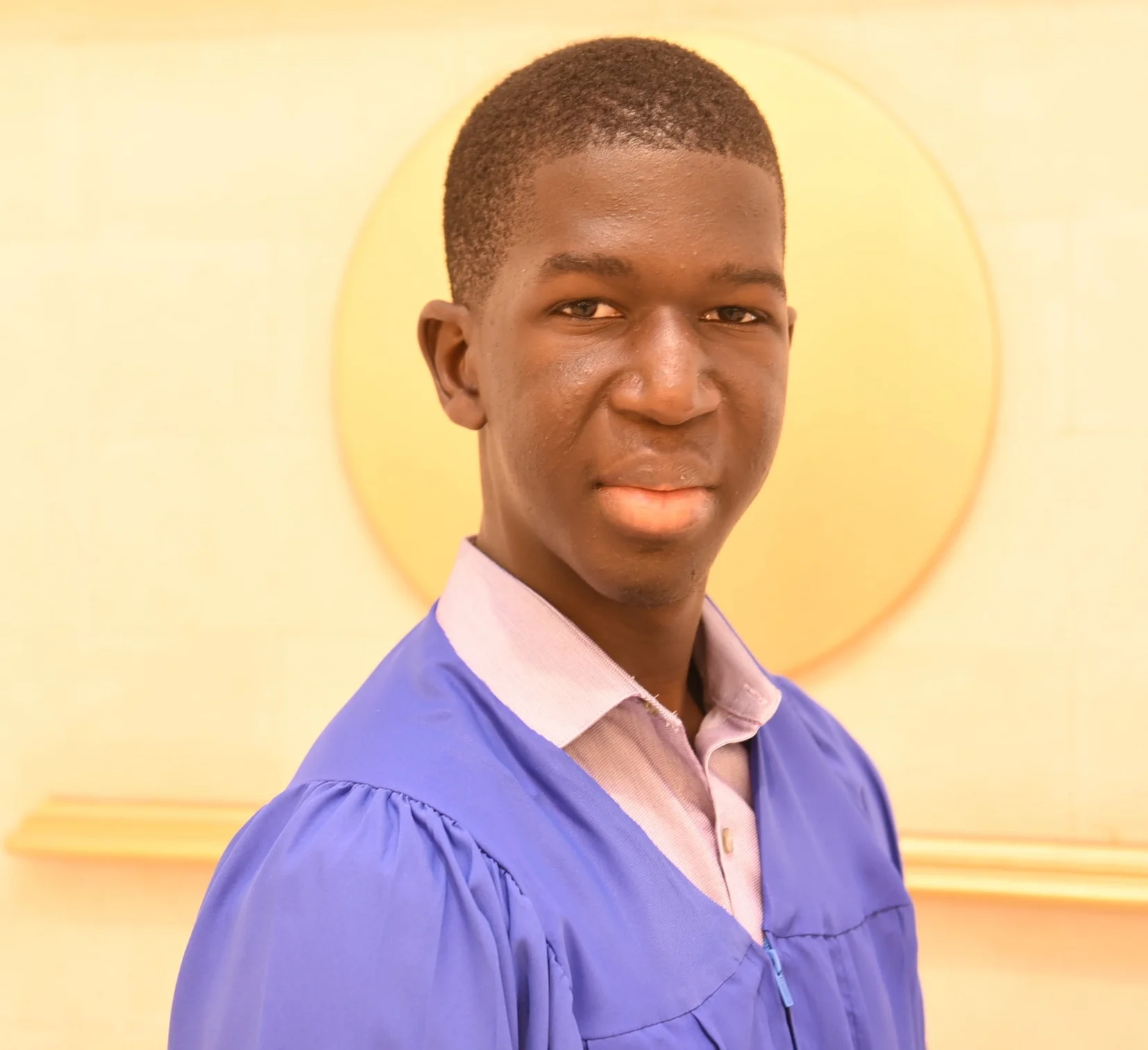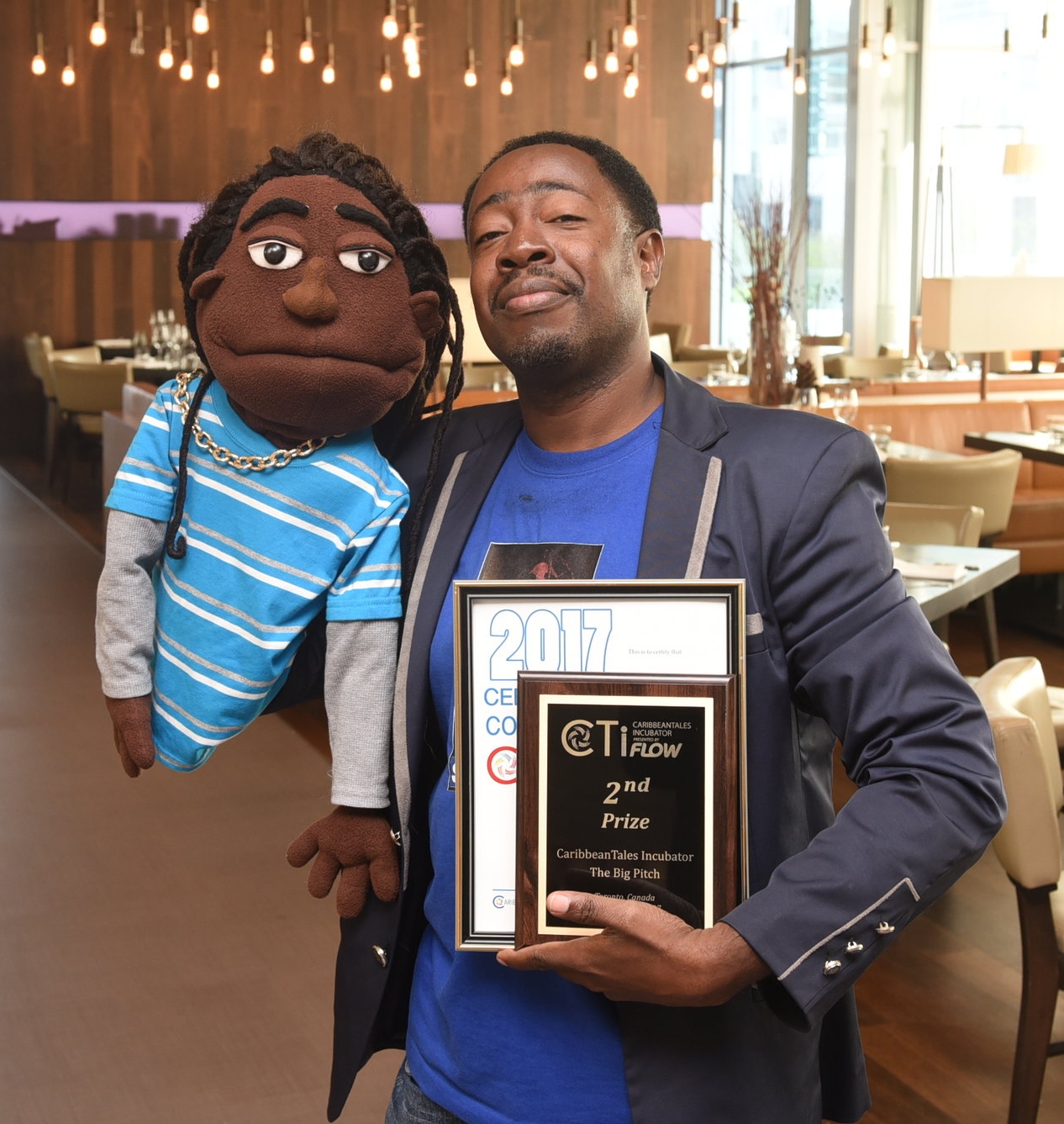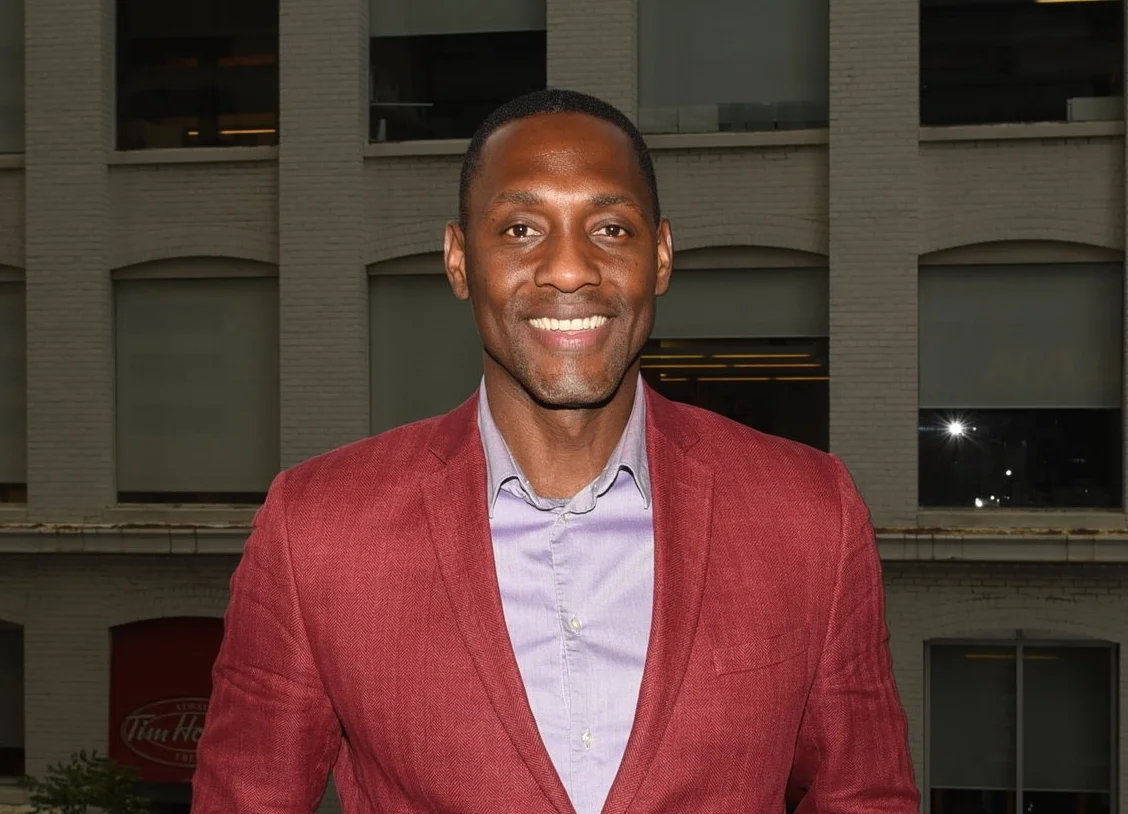Miss Lou influenced Paul Keens Douglas to write in dialect
July 13, 2017
If it weren’t for the Sir George Williams University (now Concordia University) student occupation in 1969, raconteur Paul Keens-Douglas would have completed a Master’s in sociology and who knows what path his career would have taken.
Graduating with honours in the undergraduate program in 1971, the plan was to complete his graduate degree and return to the Caribbean.
That changed after the 14-day protest in which students destroyed nearly $2 million in computer equipment.
Suspecting unfair grading by their biology professor, six Caribbean students lodged a protest in 1968 with the university that agreed to establish a committee to investigate the allegations. Eight months after the matter wasn’t resolved, nearly 400 students occupied the computer lab on the university’s ninth floor.
Keens-Douglas was a close friend of protest leaders Rosie Douglas, who went on to become Dominica’s Prime Minster before passing away in October 2000, and Grenadian Kennedy Frederick who never recovered from the ordeal.
“I was with Kennedy on the night before all hell broke loose,” recalled the humourist who is in Toronto for two shows on July 15. “We thought the deal to end the stalemate was imminent, so I went home and he decided to stay at the university.”
When the deal broke down, riot police stormed the building, computers were damaged, fires were set and 97 students were arrested in Canada’s largest student uprising.
“After everything that took place, I decided to go back the Caribbean to do my graduate studies,” said Keens-Douglas.
Forty-six years later, he still has not completed the second-cycle academic degree.
“I went to Jamaica because the University of the West Indies said they offered a program at their Mona campus,” Keens-Douglas said. “When I got there, I found that the program was very limited and it was not what I was looking for.”
On the verge of leaving, he met late UWI vice-chancellor emeritus Rex Nettleford who encouraged him to stay.
“He basically said education was more than just degrees,” said Keens-Douglas. “I took his advice and signed up for courses like methodology and statistics which I didn’t like.”
Late Jamaican poet and folklorist Louise Bennett-Coverley performed on campus on a few occasions and made a significant impact on Keens-Douglas.
“After listening to her, I decided to switch from writing poetry in standard English to dialect and we became great friends,” he said.
Keens-Douglas passion for poetry writing and theatre was fuelled while at university in Montreal in the late 1960s.
“That was really where I was exposed to Black theatre and Black poets,” said Keens-Douglas who was cast in Jeff Henry’s play, ‘Africa in the Caribbean’.
His first piece of poetry in dialect was ‘The Band Passing’ which he presented to Barbadian-born poet and academic Edward Kamau Brathwaite, who was at the Mona campus at the time, for review.
“His criticism was good, but I don’t think he really understood what I was trying to do and I made the decision then that the audience was going to be my judge,” said Keens-Douglas who was a sub-warden at UWI’s Irvine Hall.
After failing to secure employment in Jamaica because of his nationality, an upset Keens-Douglas returned to Trinidad & Tobago in 1974 with the hope of completing his graduate degree.
“I transferred my degree, but when I got there I discovered that their sociology department was even smaller than the one at Mona,” said the entertainer who performed in apantomime, ‘Hail Columbus’, with Oliver Samuels and the late Ranny Williams before leaving Jamaica. “It was just a small room with two typewriters.”
At around the same time while employed at the defunct Rediffusion Trinidad as a radio announcer, Keens-Douglas wrote, ‘Tanti at the Oval’, that launched his career as one of the Caribbean’s leading storytellers.
The story revolves around Tanti Merle, who is his aunt, and her antics from the preparation to watch her first cricket match -- a regional game between the Combined Islands and Trinidad & Tobago in 1975 that ended in an exciting tie at the Queen’s Park Oval -- to her comical behaviour at the game.
Though not a passionate cricket enthusiast, Keens-Douglas relished the electrifying atmosphere surrounding that match.
“As I was listening to the contest, I started writing,” he said. “I read the Guardian newspaper’s account to follow the sequence of events and get the names correctly and then I created a story around the facts.”
Inspired by the short story’s airplay throughout the Caribbean, Keens-Douglas produced an album and book and formed a company – Creola – to stage shows.
In 1979, he quit his job as creative director at McCann Erickson to write and perform full-time.
“I could take a day or two to go to some of the islands close by, but if I wanted to spread my wings outside the Caribbean, that wasn’t possible,” he said. “I had to give up something.”
Keens-Douglas performed in Toronto for the first time in the late 1970s at the Storytelling Toronto festival and the ‘Miss Lou meets Mr. Tim Tim for Caribbean Unity’ Black Theatre Production.
He returned in 1984 for the Cumbyah festival – organized by raconteur Rita Cox and 10 other women – to mark the province’s bicentennial.
“I love coming to Toronto,” said Keens-Douglas who started the Carnival Talk Tent shows in 1983. “The city is so clean and easy to move around.”
Married to Marilyn Keens-Douglas for the last 30 years, they have two children.
Tara Keens-Douglas Walker – who has a Master’s in architecture from the University of Waterloo – resides in Toronto with her husband and their one-year-old child while her brother, Johann Keens-Douglas, graduated from Ryerson University’s hospitality & tourism management program in 2012 and worked in the restaurant industry in the city until the summer of 2015 before returning to Trinidad & Tobago where he is a social media director.
Turning 75 in September, Keens-Douglas spends much of his time these days doing motivational presentations and encouraging young people interested in the art of storytelling to trust their voices.
“A real storyteller is someone who can effectively use their voice and words to paint a picture for the audience,” he said. “They don’t need music, power point presentations or props. They should be able to stand anywhere and grab people’s attention. Your voice is your instrument and you have to use the power of it. Far too many storytellers rely on sound effects and music. When they do that, they don’t know if people are reacting to the music or what they are saying.”
The product of Grenadian parents, Keens-Douglas spent his first two years in Trinidad & Tobago where his father was assigned as a mosquito controller. After completing high school at Presentation Brother’s College in Grenada, he went to New York to pursue radio & television production and broadcasting training at the RCA Institute.
Late Grenada Prime Minister Maurice Bishop was Keens-Douglas’ classmate at Presentation.
“Maurice was very bright, honest and committed to what was correct,” the fourth of seven siblings (one is deceased) said. “He was also politically motivated at a young age. Though he went to England to study law after graduating, he came to New York on a few occasions to visit me.”
Keens-Douglas grew up next to Albert Marryshow, considered the father of the short-lived West Indies Federation, and was an admirer of Grenada’s first Prime Minister Eric Gairey.
“I loved listening to Gairey who was an excellent speaker,” he said. “The man was very charismatic and he had a good command of the English language. A lot of people know about the politics of these people, but I know some of the personal stories as I was there when they happened.”
He plans to share them in his forthcoming memoir.
Last September, ‘Ninth Floor’ that chronicles the student protest in Montreal 48 years ago, was screened at the Trinidad & Tobago Film Festival.
Keens-Douglas, who has published nine books and 16 albums, attended the event and made sure that Frederick would get the opportunity watch it.
Nearly three weeks ago, he took a copy of the documentary to Grenada and left it with his brother to deliver to Frederick who was one of the six original plaintiffs.
Visions of Science Network for Learning founding executive director Francis Jeffers, calypsonian & retired high school principal Henry Gomez and anti-racist education advocate and Canadian Black theatre pioneer Amah Harris are co-producing Keens-Douglas’ two shows this weekend.
“Displaying prowess as an artist concerned with the social and political situations in the Caribbean, Paul decided to use the tradition of storytelling to make his commentary,” said Harris who founded Theatre in the Rough, co-directed Black Theatre Canada – a public education touring company that delivered workshops in the Caribbean and toured Canada and South Africa — and wrote plays in the Kwakoo Anansi series using the traditional African character to educate and entertain. “He synergised his work with humour, a strategy which plays right into the Caribbean culture of infusing humour into serious issues thus reaching far deeper into one’s consciousness.”
The shows at 3 and 8 p.m. take place at Riverdale Collegiate Institute, 1094 Gerrard St.
Tickets cost $40.






